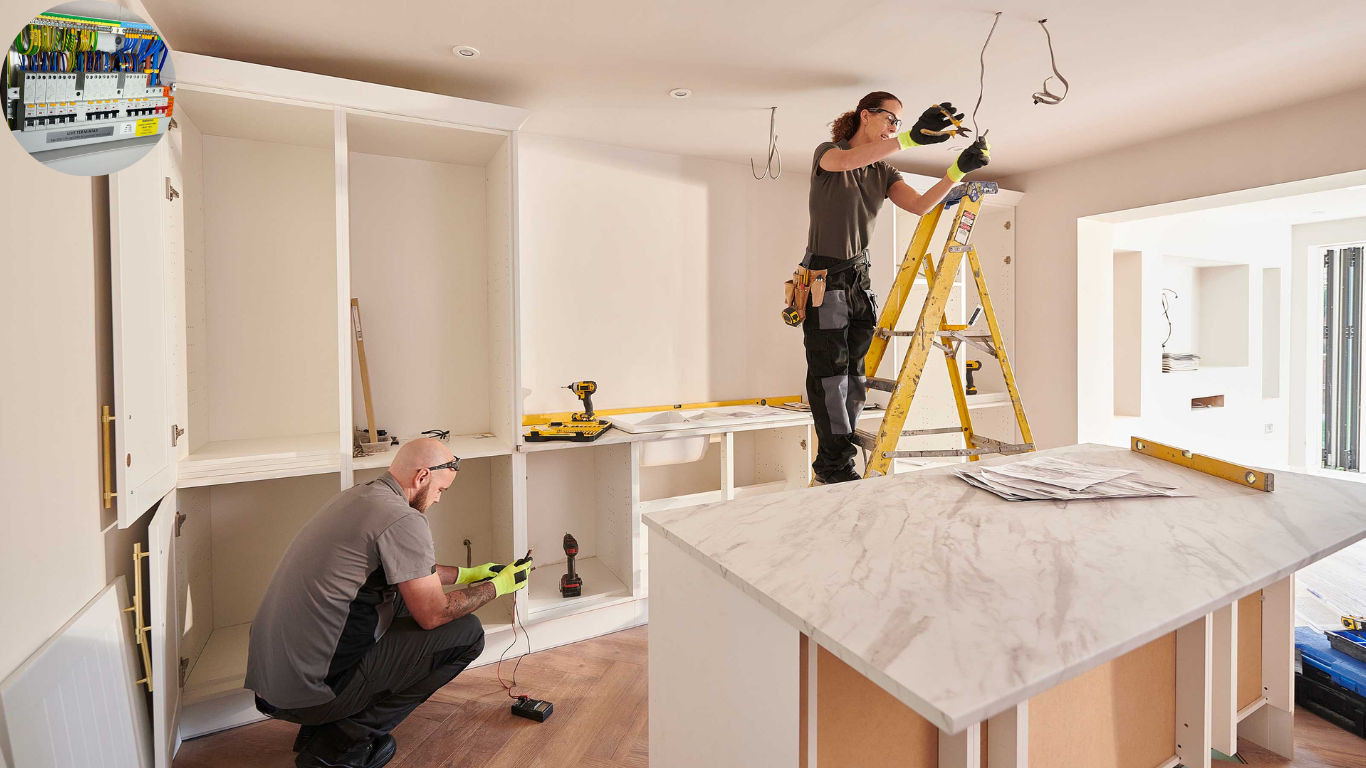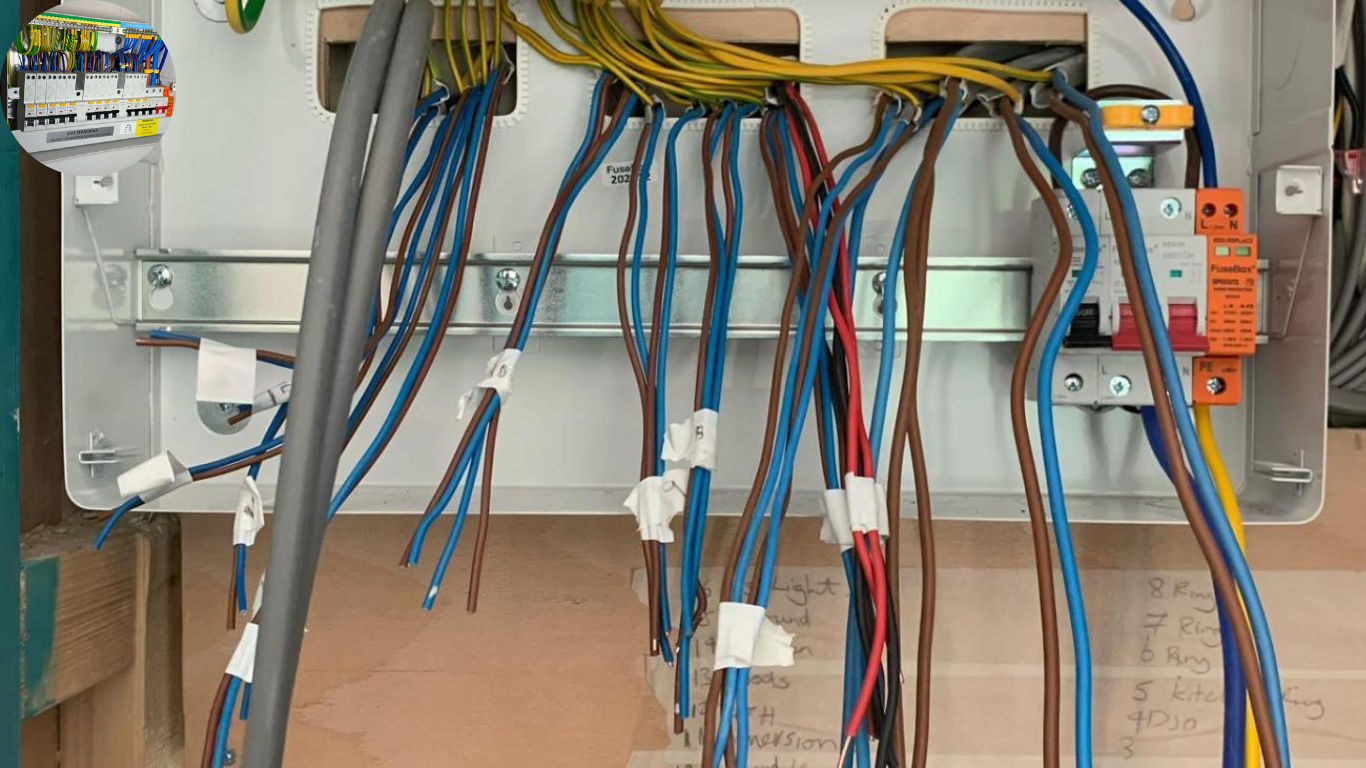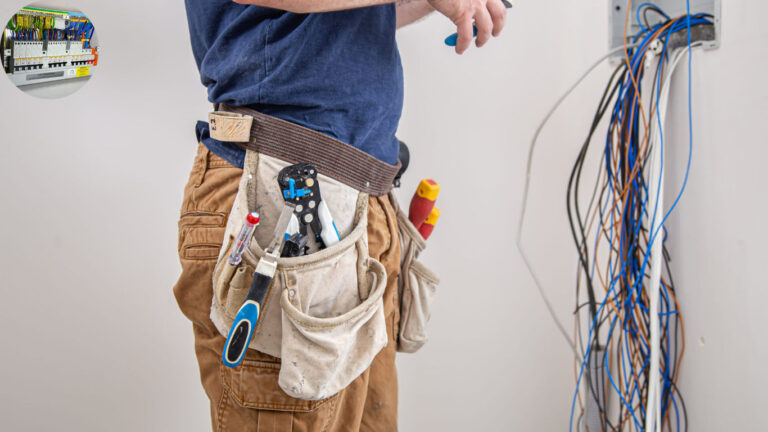Rewiring a home is a major investment in safety and functionality, especially in older properties where outdated electrical systems can pose risks and limit modern appliance use. For UK homeowners considering this upgrade, understanding the likely costs is essential for budgeting and planning.
Factors that Affect the Cost of House Rewiring
When considering how much it costs to rewire a 3-bed house in the UK, several factors come into play. The size of your home is one significant aspect. A larger space typically requires more materials and labour.
The condition of existing wiring also matters. If the current setup is outdated or unsafe, extensive work may be needed, driving up costs.
Local regulations can impact expenses too. Some areas have stricter codes that require special permits or inspections.
Seasonal demand influences pricing as well; hiring electricians during peak times might cost more than off-peak seasons when they have less workload.
Understanding the Electrical System in a 3-Bed House
A 3-bed house typically has a complex electrical system designed to meet the demands of modern living. Understanding this system is crucial for any homeowner considering rewiring.
The main components include the consumer unit, wiring, and various fixtures. The consumer unit distributes electricity throughout the home and acts as a safety mechanism with circuit breakers.
Wiring runs through walls and ceilings, connecting power from the consumer unit to outlets, switches, and appliances. Over time, these wires can degrade or become outdated due to wear or changes in electrical standards.
Lighting plays an essential role too. A mix of overhead lights, wall sconces, and outdoor lighting requires careful planning during rewiring to ensure both functionality and aesthetics.
Each room has specific needs based on usage patterns that must be considered when determining how much does it cost to rewire a 3 bed house uk homeowners should expect pricing fluctuations depending on these factors.
You may also read (how long can you stay in a habitat for humanity house).
Average Cost of House Rewiring in the UK
In the UK, rewiring a 3-bed house typically costs between £4,000 and £8,000.
Older homes may require more extensive work due to outdated wiring systems that don’t meet modern safety standards. This could push costs higher.
Properties in London or affluent areas generally incur higher labour rates compared to those in rural settings.
It’s also essential to consider any additional expenses for items like new light fixtures or sockets you might want installed alongside rewiring efforts.
As with any home improvement project, obtaining multiple quotes can help ensure you get competitive pricing tailored to your specific needs.
DIY vs Hiring a Professional Electrician
When it comes to rewiring a house, one major decision is whether to tackle the project yourself or hire a professional electrician. DIY enthusiasts often see this as an opportunity to save money and learn new skills. However, electrical work can be complex and requires knowledge of safety standards.
If you choose the DIY route, ensure you have a solid understanding of electrical systems. Mistakes can lead to serious hazards like shocks or fires. Additionally, local regulations may require permits for certain types of work.
On the other hand, hiring a qualified electrician brings expertise and experience into play. They’ll handle everything from planning to execution while adhering to safety codes. While this option might cost more upfront, it could save you money in potential repairs down the line.
Consider your own skill level and comfort with such tasks before making a choice that impacts your home’s safety and functionality.
Tips for Reducing the Cost of House Rewiring
Rewiring a home can be a significant investment, but there are ways to manage costs effectively. First, consider getting multiple quotes from different electricians. This not only helps you compare prices but also gives insight into the scope of work needed.
Timing can play a crucial role too. If possible, schedule your rewiring during off-peak seasons when demand is lower; this may lead to better rates and availability from contractors.
If you anticipate needing more outlets or specialized wiring later on, incorporate those into your current plans. Doing so could save money down the line by avoiding additional disruption and labor costs.
It’s also beneficial to tackle smaller electrical tasks yourself if you’re comfortable doing so—like removing old fixtures or clearing out areas that need access. Just make sure any DIY work doesn’t compromise safety standards.
Check if there are government grants or local schemes available in your area that support electrical upgrades in homes; these can sometimes ease financial burdens significantly.
Being proactive about planning and budgeting can help ensure that rewiring your 3-bed house becomes an efficient project rather than a costly ordeal.
You may also read (bedroom).

